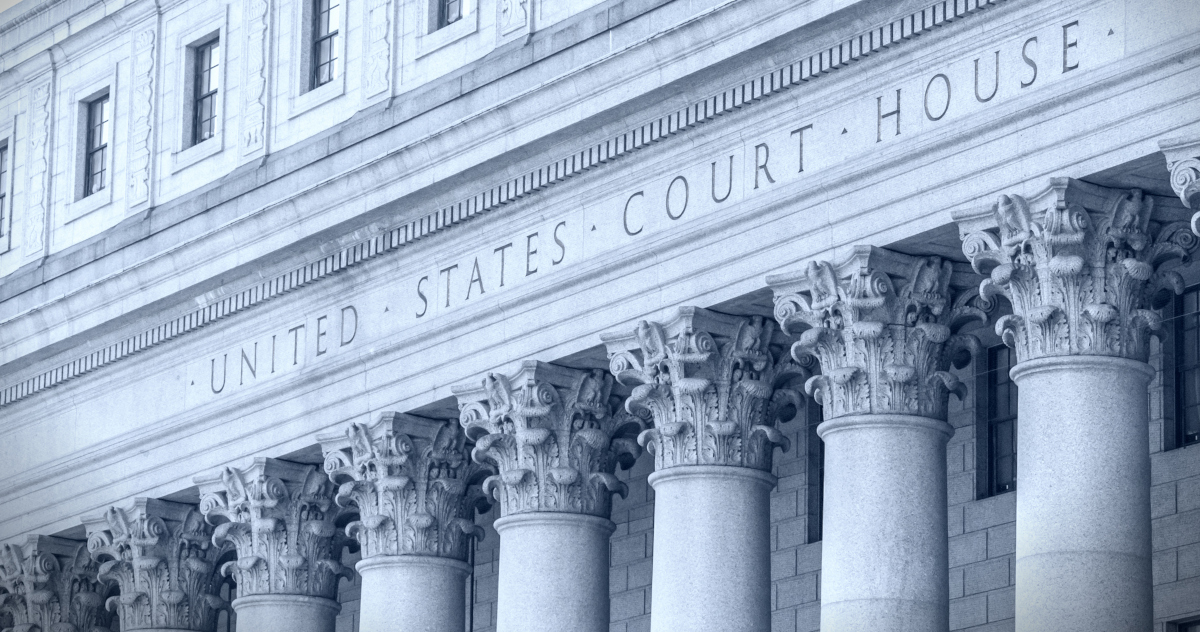
April 1, 2024 – Parents who sued a school district over the district’s gender identity support policy lacked standing because they didn’t allege any concrete injury related to the policy, the U.S. Court of Appeals for the Seventh Circuit has held in Parents Protecting Our Children v. Eau Claire Area School District, No. 23-1534 (March 7, 2024).
In 2021, the Eau Claire Area School District (District) created an administrative guidance for gender identity support (Guidance).
The goal of the Guidance was to “foster inclusive and welcoming environments … free from discrimination, harassment, and bullying regardless of sex, sexual orientation, gender identity, or gender expression.”
In the Guidance, the District acknowledged that, given the issues surrounding gender identity, some students experiencing gender identity issues might be unwilling to discuss those issues at home.
According to the Guidance, school employees “should speak with the student first before discussing a student’s gender non-conformity or transgender status with the student’s parent/guardian.”
In 2022, the District created a gender support plan template (Plan), which it envisioned employees filling out when applying the Guidance to a particular student.
Parents File Federal Lawsuit
In September 2022, Parents Protecting Our Children (PPOC), an unincorporated association of parents and District students, sued the District in the U.S. District Court for the Western District of Wisconsin.
 Jeff M. Brown , Willamette Univ. School of Law 1997, is a legal writer for the State Bar of Wisconsin, Madison. He can be reached by
email or by phone at (608) 250-6126.
Jeff M. Brown , Willamette Univ. School of Law 1997, is a legal writer for the State Bar of Wisconsin, Madison. He can be reached by
email or by phone at (608) 250-6126.
PPOC claimed that the Guidance and Plan created by the District violated their parental rights under the Due Process Clause of the Fourteenth Amendment and the Free Exercise Clause of the First Amendment.
The PPOC claimed that the Guidance encouraged school officials to allow students to explore gender identity – or even begin socially transitioning to a different gender at school – without their parents’ knowledge.
They also claimed that the District might apply the Guidance and the support plans for students in a way that would, in effect, sideline parental rights regarding students’ major life decisions.
The district court concluded that the PPOC lacked standing because it did not allege an injury or risk of injury sufficient to implicate a case or controversy as required by Article III of the U.S. Constitution.
PPOC appealed.
Limited Jurisdiction
Judge Michael Scudder began his opinion for a three-judge panel by explaining that federal courts have limited jurisdiction.
“No matter how important a legal question or how sincere a worry, we must ensure the presence of a case or controversy,” Scudder wrote. “This requirement anchors itself in principles of separation of powers and federalism.”
To meet the case-or-controversy requirement, Judge Scudder pointed out, a plaintiff must allege a concrete and particularized invasion of a legally protected interest that: 1) is either actual or imminent; and 2) not conjectural or hypothetical.
“The injury must be traceable to the defendant’s actions and capable of being redressed through a favorable judicial decision,” Judge Scudder wrote.
No Case or Controversy
Scudder acknowledged that PPOC met the requirements established by federal caselaw for associational standing:
one of the members would have standing to sue in his or her own right;
the interests that PPOC sought to protect by filing the lawsuit were germane to its purpose; and
neither the claims advanced nor the relief sought by PPOC required the participation of individual PPOC members.
However, he concluded that PPOC didn’t meet the case-or-controversy requirement.
“Nowhere does the complaint allege that even one of the association’s members – any particular parent – has experienced an actual or imminent injury attributable to the Administrative Guidance or a Support Plan,” Judge Scudder wrote. “All we have before us is a policy on paper without concrete facts about its implementation.”
Scudder concluded that at this point, the federal court has no role in the dispute.
“Our role is limited to awaiting concrete disputes between adverse parties, and to resolving those disputes under established rules of procedure and familiar methods of legal reasoning,” Scudder wrote.
